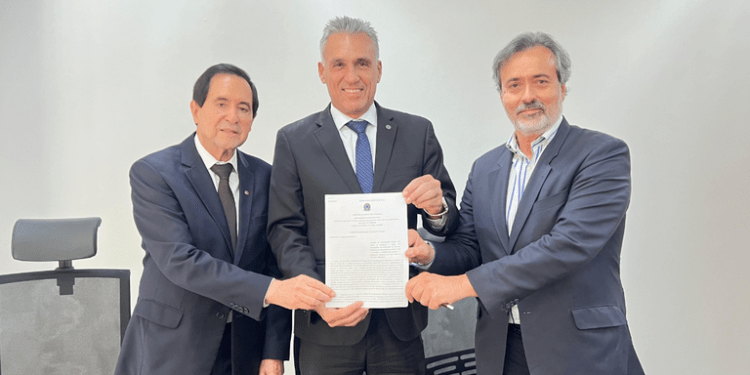Groundbreaking project links carbon credits to rural insurance policies for financial and environmental benefits
On July 16, the Ministry of Agriculture and Livestock (Mapa), the National Coffee Council (CNC), and the multinational company Pró Natura International signed a landmark Technical Cooperation Agreement (ACT) for the project “Sustainable Brazilian Coffee Farming – Carbon Credit Compensation System in Rural Insurance Policies in Brazil.” This innovative initiative aims to financially benefit coffee producers who adopt sustainable practices by using carbon credits as a form of protection against agricultural risks.
Sustainable Practices and Financial Protection
The project’s core concept is to integrate carbon credits into rural insurance policies, providing an additional financial safety net for coffee farmers who implement environmentally friendly practices. This approach not only mitigates the financial risks associated with agriculture but also promotes sustainability in the coffee farming sector.
“This is an unprecedented initiative addressing multiple issues simultaneously. It tackles sustainability, agricultural risks, and climate change, all aligned with rural insurance,” said Guilherme Campos, Secretary of Agricultural Policy at Mapa.
Reduction of Pre-Harvest Costs
The signed agreement focuses on implementing and developing the viability of assets obtained through carbon credits, thereby reducing costs for producers during the pre-harvest phase. Additionally, the carbon footprint performance of producers will be continuously evaluated, ensuring ongoing adherence to sustainable practices.
Jônatas Pulquério, Director of the Risk Management Department, highlighted the agreement’s goal to lower rural insurance policy costs through financial compensation from the sale of carbon credits. “This initiative establishes a favorable insurance policy for rural producers, in line with good agronomic practices and efforts to combat climate change,” Pulquério noted.
Future Steps and Cooperative Involvement
Following the agreement’s signing, studies will commence to determine the percentages to be deducted from the insurance policy and the model of this benefit. Additionally, the selection of the cooperative that will be part of this project will be finalized. These steps are crucial to ensure the successful implementation and sustainability of the initiative.
Error




